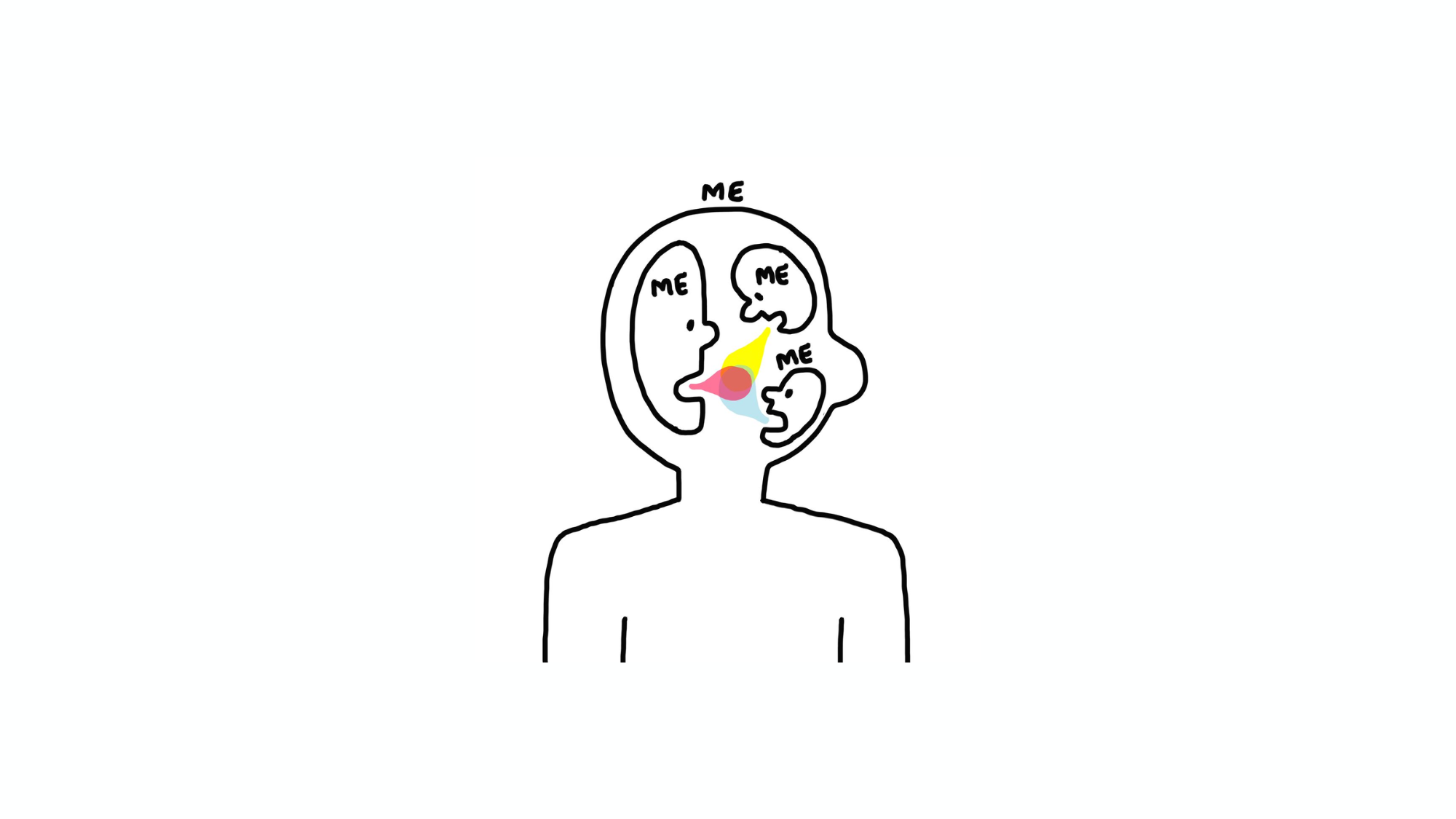

4 ways to beat depression like it owes you money (7 mins read)
Whether you feel depressed, low mood from time to time or would just like to improve your mental health, here are 4 ways to beat depression and spiral upwards.
1.) Understand context dependent memory.
Think of the first school you ever went to.
Now close your eyes and try to imagine it in as much detail as possible; the layout, colours, smells associated with it, memories.
Perhaps some images are coming to mind along with some good and bad memories.
But now imagine how much more memories you'd have access to if I took you to that school's campus and showed you around.
"Ah! I remember this playground! That's where I used to..." you might tell me. Or you'd suddenly remember the first day you arrived at school as we walked past the reception.
That's because the thoughts and memories you have are biased to the context you're in.
That's why you can revisit a place you've long forgotten and get a rush of memories you thought you'd lost.
So how does this relate to depression?
When you feel low, you're in the context of doom and gloom so your mind is only feeding you doomy and gloomy thoughts and memories.
You know when you've felt low for a while and it suddenly feels like life has always been this way? Yeah, erm... that's a lie. It hasn't. It's just your mind having context dependent thoughts.
But why would your brain do this?
- It's efficient for your brain to only think about the context its in.
- Evolutionarily it serves your brain to pay more attention to negative things than positive because avoiding the negatives will aid your survival.
The 2 brain regions involved in context dependent memory are the amygdala and the hippocampus.
The amygdala is responsible for noticing negative things that happen to you, then it sends a message to the hippocampus as if to say "dude! Save this now!", then hippocampus stores that information into long term memory.
You could imagine these 2 brain regions as the two friends who are always freaking out and adding flames to any fire that happens.

So the bottom line is...
In order to counter context dependent memory you'll need to first understand how and why it happens (which we've covered above) then you'll need to engage your optimism circuits.
Here's how...
1.) Think opposite.
- 1.) Observe how you're currently responding (emotionally, physically and mentally) to a current thought in response to an experience.
- 2.) Then ask yourself: "how would I be responding emotionally, physically and mentally if I were having the same experience but thinking the opposite of this thought?"
For example...
Let’s say you’re sat on the sofa watching tv whilst thinking about how much you hate yourself.
First investigate how you're responding:
- Perhaps your posture is slumped
- Your eyebrows are frowned
- You feel a pit of dread in your stomach

Then ask yourself: “how would I be responding emotionally, physically and mentally if I were having the same experience (watching TV) but thinking about how much I love myself?"
- Perhaps your posture would straighten
- You’d feel a pulse of calmness in your body and start smiling
- You might even stop watching tv and do something more beneficial for you (go on a walk, cook a nutritious meal etc.)

Why does this matter?
To change your response to an experience you need to change how you think about it.
Then that'll effect the choices you make, behaviours you take, experiences you have and emotions you feel.
Also, your mind can't tell the difference between imagination and reality. So by carefully crafting the thoughts you rehearse, you are literally creating your personal reality.
Additionally, your brain and body are always sending signals to each other to determine how you should be feeling, thinking and behaving in response to internal or external things.
In other words, as you begin to feel the way you’re thinking, you think the way you're feeling (otherwise known as thought-feeling loops).

So by first becoming aware of these thought-feeling loops as they're happening, you reduce their power over you.
As the writer Sheryl Sandberg says:
"We cannot change what we are not aware of, and once we are aware, we cannot help but change."
And then by asking: "how would I be responding emotionally, physically and mentally if I were having the same experience but thinking the opposite thought?", you're teaching your brain to slip into a new behavioural software and to expect something different in response to the external/internal stimuli. Instal that new software by rehearsing your desired thought for long enough, thus causing your body to respond in alignment with that thought, and you'll have created a brand new thought-feeling loop.
Essentially, you'll have created a brand new personal reality (personality).
Go deeper...
Note: you can apply the "think opposite" technique to any situation, especially social anxiety.
For example...
Let's imagine you're about to meet someone for a first date and you're 5 minutes away from the cafe you've arranged to meet at.
But as you approach the cafe you start to feel racing anxiety whilst rehearsing the thought: "what if I make a fool of myself and they judge me?"
Again, take a moment to observe how you're currently reacting to that thought:
- Your palms are sweating
- You're mentally rehearsing trembling in front of them
- You're imagining the date being awkward and you running out of things to say
Now ask the million dollar question: "how would I be responding emotionally, physically and mentally if I were having the same experience (walking to this cafe to meet my date) but thinking about how excited I am to meet her/him?"
Perhaps:
- You'd begin to smile at the other people you walked past on the street
- Your posture would open and express invitation and confidence
- Your eyes would relax and you'd feel a surge of excitement
Give it a go on your next date ;).
Finally, the last thing you need to do to counter context dependent memory is...
2.) Imagine the potential of future positive events happening.
To strengthen your optimism circuits you'll need to encourage your brain to release serotonin and norepinephrine (your brain's version of adrenaline) and there's no better way to do so then imagining potential future events happening.
Doing so also activates a brain region called the ventral anterior cingulate which helps regulate your amygdala (remember that brain region that freaks out lol).
So the bottom line here is...
Schedule things into your calendar, days, weeks or months from now for you to look forward to.
But if you're objecting "but Lewis I feel like a sack of shit and I have no energy do do anything!" I'd say: yeah well done for pointing out the obvious, you're depressed of course you don't want to do anything. But it's that "not doing anything" that is making you feel depressed so you need to force yourself to do the things that'll help you spiral upwards!!!!!!!!!!!!! Check out a vid explaining this in more detail here.
If you can't find an answer to the question; "what are you currently looking forward to?" then you need to schedule more things in.
As an old friend of mine used to say...
When sad, buy tickets.
Now onto point number 2...
2.) Decide for something you want
If you put 2 rats in a cage but wire the cage so that rat 1 can only get a hit of dopamine when rat 2 presses a button, rat 2 will release more dopamine and eventually rat 1 will show signs of depression.
Similarly, if you put 2 more rats in a cage and wire an electric cable to both their tails but make sure only rat 2 can run on a rat wheel to make the shocks stop, rat 2 will be fine after the experiment but rat 1 will show signs of depression.
The bottom line...
You're not a rat, I know, but the amount of control you feel over a situation determines your response.
- Low control = depression.
- High control = high agency and energy.
In a nutshell, you think you feel happy when good things happen to you. But you feel happiest when you're in pursuit of a goal you've chosen.
- Pursuing a job = more satisfying than getting offered one out of the blue.
- Buying a cookie = more satisfying than being given one.
- Getting out of bed by choice = more empowering than waiting until you're dam is breaking (ie. you need a piss).
Plz see corresponding photo of dam being broke below...

So the practical take away here is; you need to engineer your decisions so that you feel a solid amount of 'perceived control' not 'actual control'.
Here's 2 ways to do this...
1.) Ignore other people lecturing you and telling you what to do.
You need to make your own decisions for them to feel empowering.
If other people keep lecturing you on what to do and you eventually say "fine, whatever, I'll do it" you'll feel a lack of control over the situation.
So instead...
2.) Make good small decisions not big best ones.
Imagine you're suddenly stuck in the middle of the ocean, bobbing above water, unable to see any land or shore for miles.

If you don't eventually decide on a direction and start swimming, you'll drown.

It's the same with depression.
In order to get the positive momentum you want you need to start by making good tiny decisions that lead to better things.
But the key is to just make good decisions, not 'the best' decision.
- Best = too much emotional ventromedial prefrontal activity which isn't what want because that'll make you feel less in control.
- Good = activates the dorsolateral prefrontal cortex which is gud coz you'll feel more in control.
So remember...
- Make sure your decisions are for things you actually want.
- Just making a decision reduces anxiety and worry.
- Exercising decisiveness in one area of your life carries over into other areas.
As Oliver Burkeman says; "when you can no longer turn back, anxiety falls away, because now there’s only one direction to travel: forward into the consequences of your choice."
But how can you deal with the uncertainty of life that makes you depressed?
3.) Practices of certainty.
There are some things we can’t be certain about nor control.
Uncertainties:
- When you'll die.
- When others will die.
- If you'll meet your soul mate.
- If everything will work out ok.
- if those nudes u sent 3 years ago will ever resurface.
Things outside of your control:
- Politics.
- Other people's actions.
- The weather.
- Where you were born.
- whether lidl has enough mini chocolate weetabix stocked.
Understandably, some people distract themselves from this harsh truth at every opportunity; seeking existential relief in their next materialistic pursuit or yearning for emotional regulation in screens.
But as we know, truths of life are about as easily escapable as a Mayan tomb at night, while you’ve got no clothes on and your angry ex is chasing you with a chainsaw.
There’s no escaping.
The bottom line…
To protect your mental health in a world of uncertainty you must cultivate your own daily practices of certainty.
Here’s what that means…
Practices of certainty are those one or two activities you do throughout the day you can rely on while everything else is crumbling down around you.
For example:
- Going to the gym
- Cooking
- Meditating
- Reading in your favourite spot
It doesn’t have to be working out, cooking or meditating. Your practice of certainty is anything you can rely on in an otherwise volatile world.
But here’s a rule…
Your practice of certainty can’t involve other people.
Why?
Because the actions of others are uncertain. (Remember naked in Mayan tomb at night truth of life).
If your practice of certainty is…
Going for coffee with your closest friend every weekday.
You’re setting yourself up for disaster on the odd chance that person can’t fulfil your practice.
Your practice of certainty must be self-governed, ultimately controllable and flexible to whatever change is happening in your life. No matter where you are in the world, you should still be able to do your practice of certainty.
So, I only have one question for you…
What’s your practice of certainty?
(Mine; working out, reading and walking).
Speaking of working out, the final way to beat depression is...
4.) Exercise & sleep.
I know you've been lectured to do these 2 things a billion times.
But let's repeat it one last time in bullet point form...
- When you exercise, your brain releases something called brain derived neurotophic factor (BDNF) which makes it stronger and resistant to all kinds of problems.
- Basically BDNF is steroids for your brain.
- So exercise literally makes your brain stronger. But! It acts like fertiliser. You have to keep going in order to see the effects.
- Exercise also increases the firing rate of serotonin neurons which causes more of them to release serotonin.
- Serotonin stimulates BDNF production.
- BDNF strengthens serotonin neurons.
- So exercise sets the ball in motion and our brains' natural mechanisms keep it going.
A key factor contributing to depression is a lack of norepinephrine (hence most anti-depressants target it).
But a study in Germany found intense exercise increases norepinephrine. So if you go hard during exercise, just know your brain will reward you.
Exercise also increases blood flow to the pre frontal cortex, a key brain region when it comes to regulating the amygdala, planning, thinking about the future and making decisions.
Bonus points if you make an exercise plan and stick to it because:
- Making the plan engages your prefrontal cortex
- Ticking off your progress will release dopamine and make you feel good
But exercise doesn't just do all that, it also influences your sleep...
Depressed people get more REM (rapid eye movement) sleep because their brain is more active, meaning they get lest restful sleep.
Luckily enough, exercise decreases REM sleep and helps you properly rest.
The positive flywheel then becomes:
- You exercise = you sleep deeper = you feel happier = you have more energy = you want to exercise more = repeat.
But the main barriers to exercising when you feel low are of course lack of energy and motivation to get started. So keep this in mind:
- Any exercise is better than none.
- You'll never regret doing a workout.
- Look at the current activities in your day and ask how you could add exercise in there.
- For example; instead of driving to the shops, how about walking? Whenever you see an elevator or stairs, take the stairs.
So to wrap this up, and because I can't prescribe you anti-depressants, here's my prescription for you as a bro from another mo:
1.) 30 minutes of intense exercise per day till you sweat.
2.) Give yourself at least 1 hour before bed at least to unwind, think, worry and write it all down.
Prioritise sleep and exercise and you'll be fine.
In summary:
1.) Overcome context dependent memory by 'thinking opposite'.
2.) Decide for something you want.
3.) Instil practices of certainty into your life.
4.) Exercise and sleep.
Before we end, here are some cheeky personal realisations from this week if you care to read them 👀🫣:
Time goes faster than you think. That "someday" you keep talking about needs a date on the calendar. Someday is not a day of the week.
If something will make life easier for you in the future, then you want to do it.
For a joyful day, wind down an hour before bed the previous night and wind up with exercise for an hour in the morning.
Create the conditions for joy, fullness, abundance, stillness and they'll show.
Ly guys,
Until next week.
Lew
tHURSDAY'S THERAPY
Join 10,000+ improving their mental health & social skills 1 Thursday newsletter at a time
Happy to have you here!
try refreshing the page and trying again!


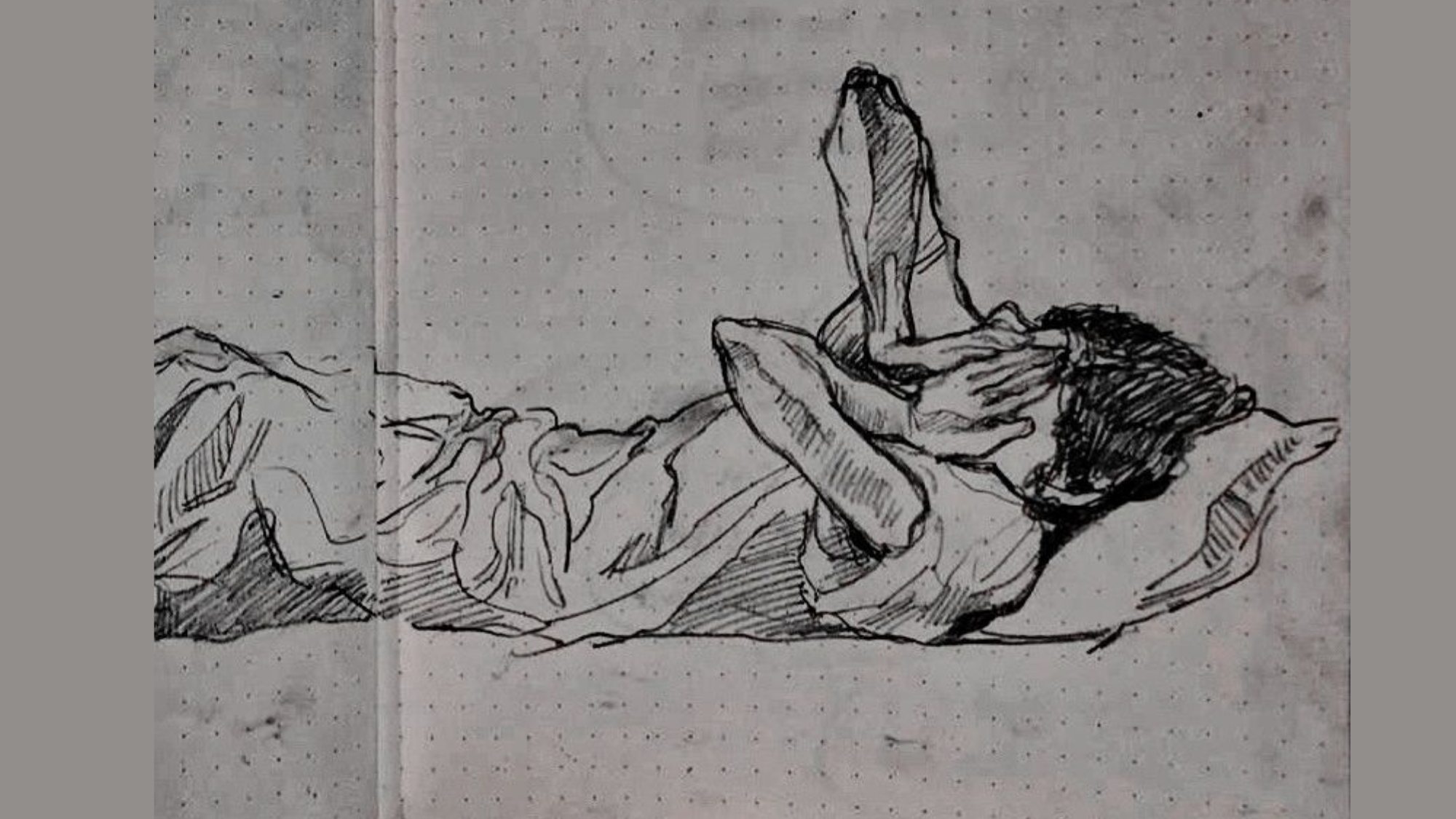
.png)
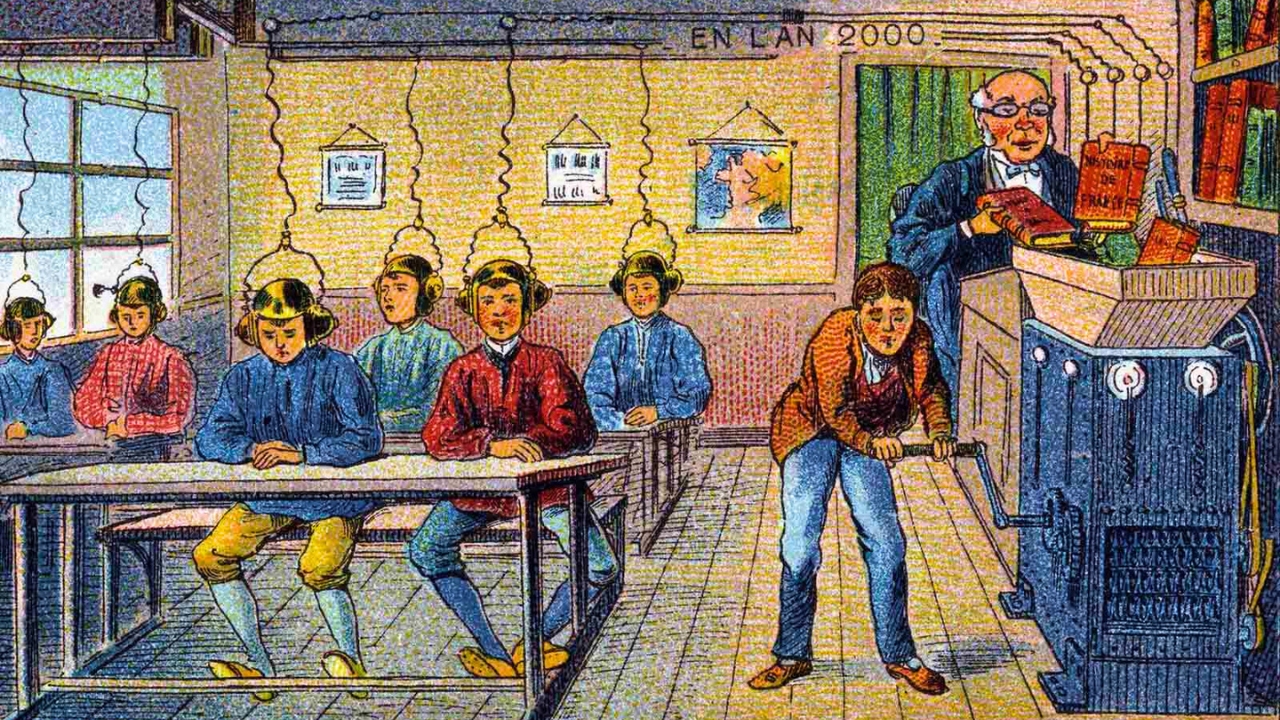
.png)
%20final%20final.png)


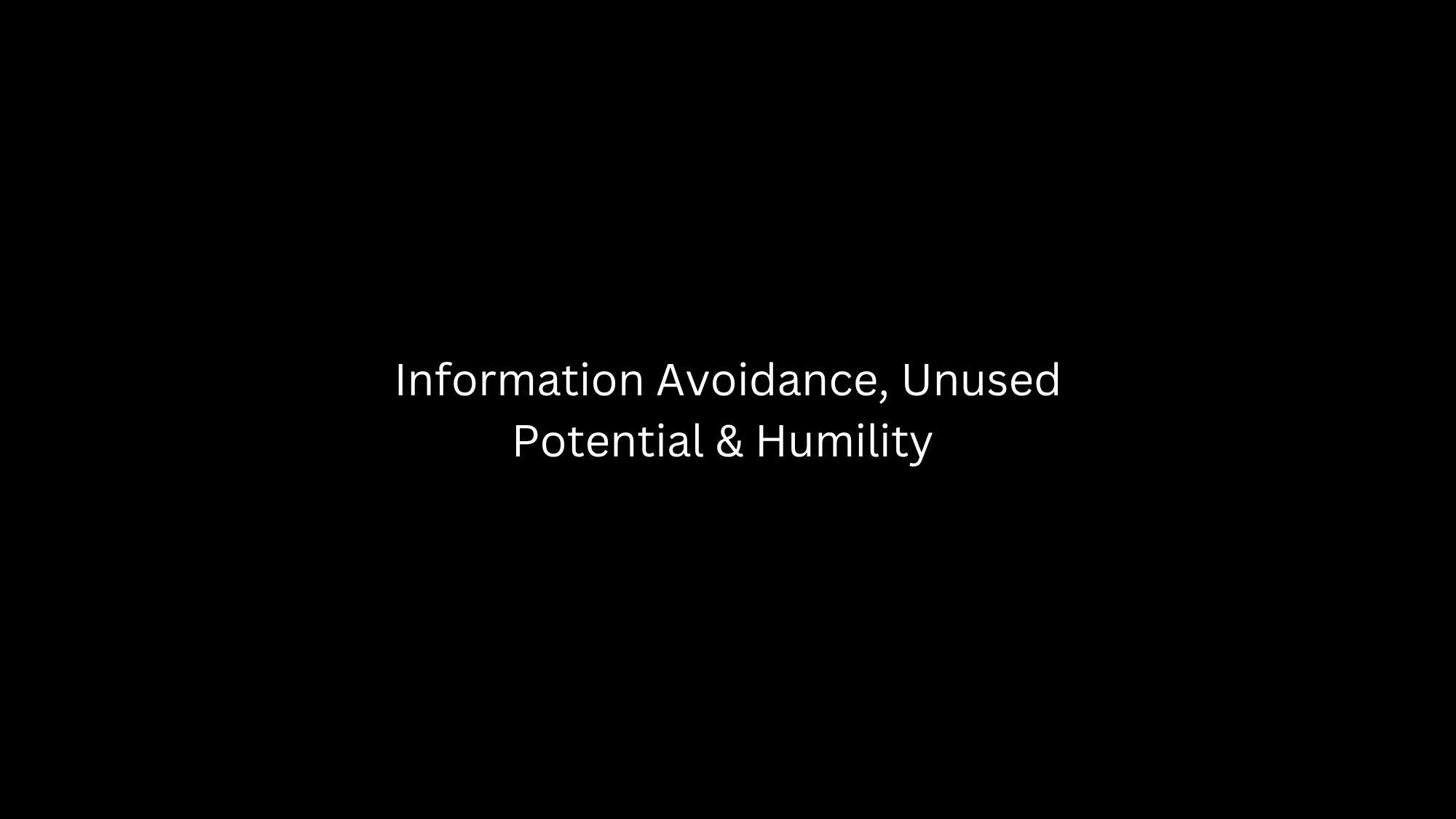
.png)
.png)
.png)
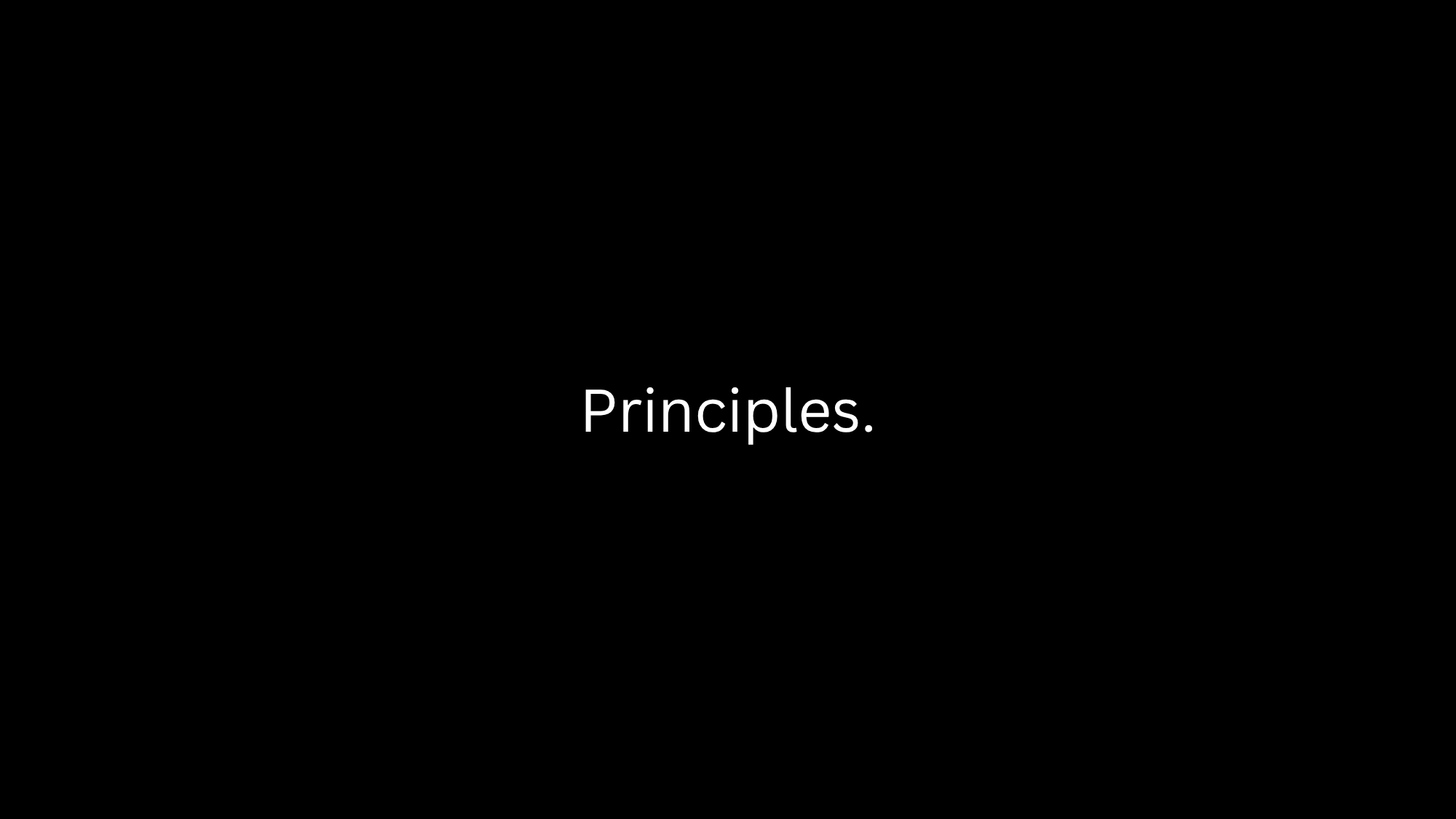
.png)




